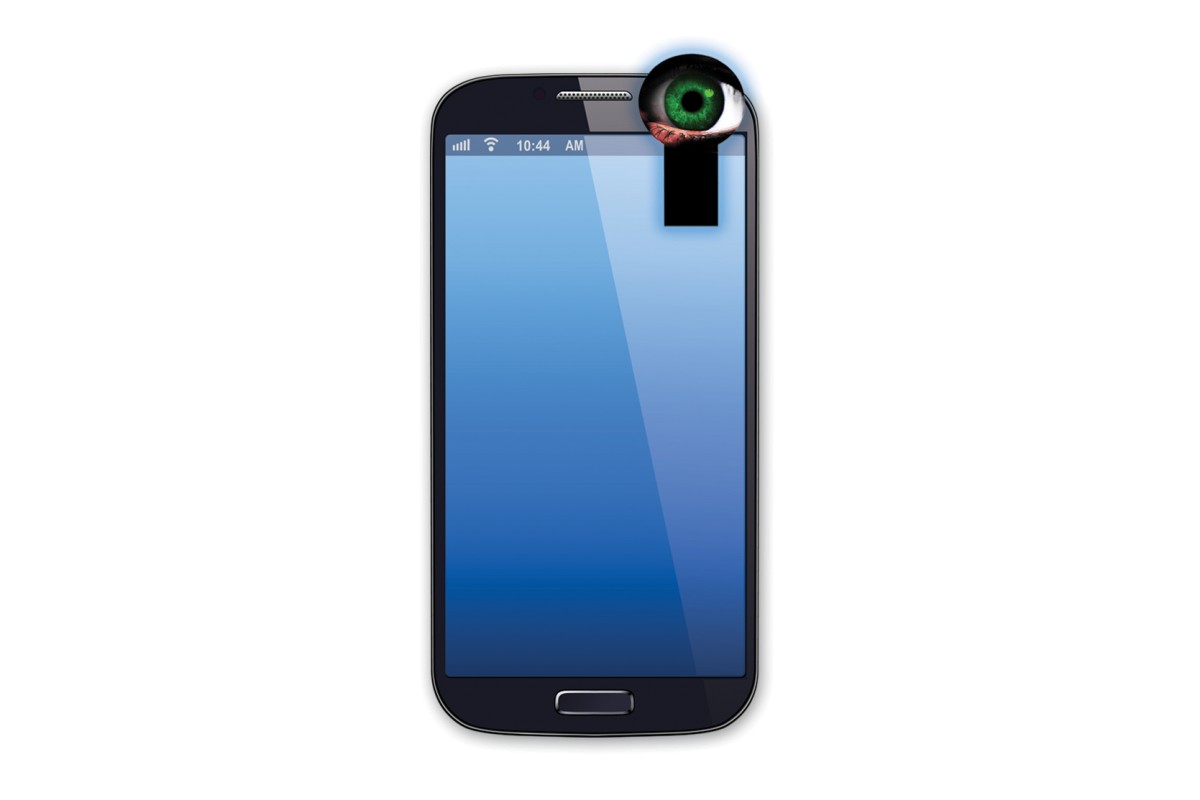
Discover & Innovate: Follow this low-tech tip to beat phone hackers
Sneaky people can take over the camera on your phone or laptop and use it to spy on you - but there are ways to stop them

One of the popular reasons for using a smartphone is its built-in digital camera. Digital cameras can also be attached to a notebook computer or in the form of a stand-alone webcam.
In addition to features such as taking photos or video recording, digital cameras can be used with sophisticated software for editing and storage. They can be used with the internet for better connectivity, such as sending photos by email, or posting photos or videos on social networking sites. In addition, they can be used for online monitoring or cyber-chatting.
Although a digital camera is a useful tool for social networking or for fun, there are hidden threats. A traditional camera has a mechanical switch to turn it on. This mechanical switch requires applied force to shift the camera's inner workings to make it work. This force has to be applied by hand, which means you need to actually touch the camera.
However, a digital camera only needs an electronic signal to turn it on. This signal can be a finger touch, or it could be a remote signal from the internet. In other words, there is no need to have physical contact to operate a digital camera. Because of this, a digital camera can be operated remotely, via the internet.
Some hackers use this remote control capability to violate people's privacy. First, they hack into the victim's internet-enabled electronic device and then remotely, and secretly, control the camera.
Such levels of remote control allow hackers to peep into the victim's surroundings, which could breach an individual's privacy.
Disabling the camera is not good enough because hackers can use advanced techniques to "turn on" the function remotely.
The best method to beat a camera hacker is to use a small piece of sticky paper to hide the lens of your camera when you're not using it. The only way to remove this paper is with physical contact.